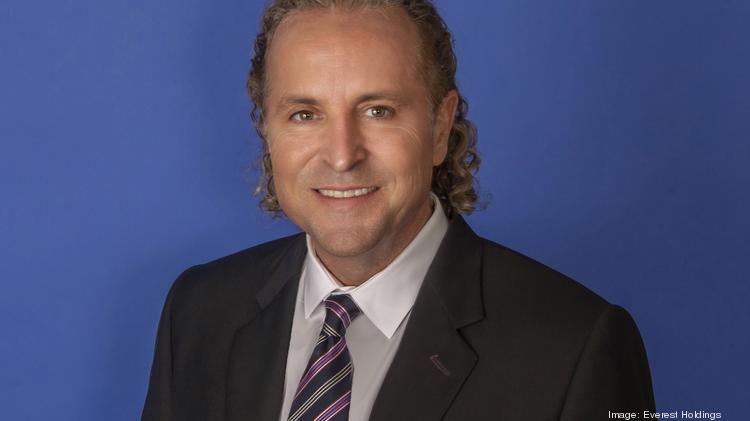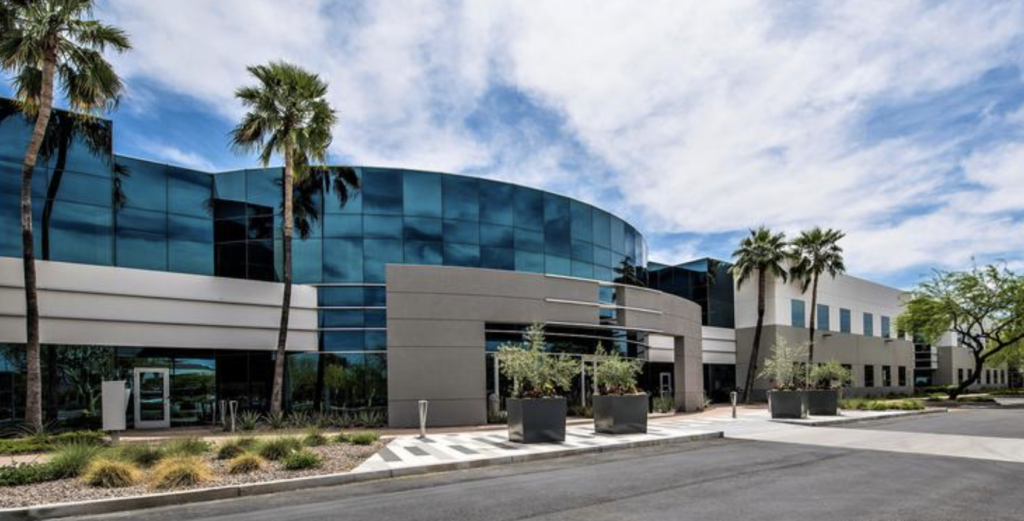Read the original article here by Corina Vanek.
The end of a Covid-19 pandemic-induced moratorium on commercial evictions for small businesses and nonprofit organizations in Arizona likely will not result in a flurry of office evictions, one Scottsdale commercial real estate executive said.
“I don’t think the moratorium had a significant impact on people’s behavior,” said Joe Blackbourn, founder of Everest Holdings, a real estate investment and advisory firm. “Good building management and owners are in contact with tenants to see what kind of storms they are vulnerable to, and everyone was vulnerable to this.”
Everest invests in office buildings, which were not as affected as retail by the pandemic. However, office jobs were not immune to stay-at-home orders and other business interruptions.

Everest Holdings had a tenant that operates elective surgery centers that completely shut down its operations for weeks during April. That tenant was planning to downsize its office, but Covid-19 accelerated the process. Blackbourn said Everest was able to work with the tenant to renegotiate the lease.
“No one wants empty buildings,” he said, adding that businesses that do have to close as a result of the pandemic have likely had a “mutual unraveling” of the lease in conjunction with their landlords.
“There isn’t anyone in the industry not having to have these discussions with tenants,” he said.
Bob Kline, Southwest managing director of debt and structured finance for Colliers International, said many office owners that have the “willpower to do it and understand how to do it” are seeking forbearance from their lenders, but some may not get it if those tenants have not experienced a loss of business due to the pandemic.
“The forbearances we are working on are in tow with what tenants are asking for,” Kline said, adding many have asked to have their missed payments instead amortized over the remainder of their loan, an option many tenants have done with their leases. However, Kline said the forbearances likely will be one-time occurrences, and lenders will not want to keep giving forbearances.
Most owners eventually will be able to cover the payments once businesses are able to reopen, and those that cannot were likely not heavily occupied in the beginning, he said.
Kline said commercial mortgage-backed securities are more likely to foreclose than others, but foreclosures because of the pandemic will likely not be seen until the fourth quarter.
“Banks are well capitalized. They would prefer to defer and hold and not foreclose if they don’t have to,” he said.
Arizona’s economy was strong before the pandemic, and Kline said he still sees money coming into Arizona from investors. Due to the market’s strength, Kline said he does not expect to see a huge spike in foreclosures.
“I don’t think it’s going to be a tsunami of foreclosures,” he said. “There will be more than normal.”
Blackbourn said some of his firm’s tenants have gone back to working in their offices while implementing restrictions, such lower capacity of people, mandating masks and sanitation changes. Companies’ approaches have ranged from holding off coming back for longer to some that are continuing operations as normal.
His company is installing touchless features, such as automatic soap dispensers, in building common areas as well as updating HVAC equipment to keep the air cleaner.
During the stay-at-home order, the number of companies wanting to tour office space went to zero, Blackbourn said, but it has started to slowly pick up.
“We are seeing a fair amount of interest from out of state,” he said.

